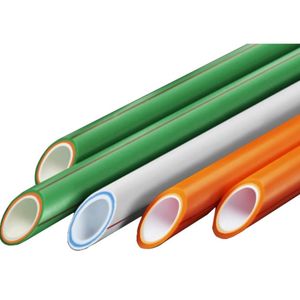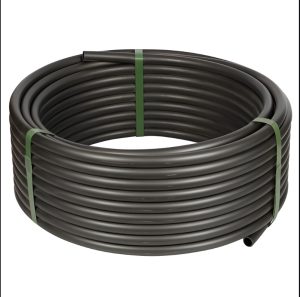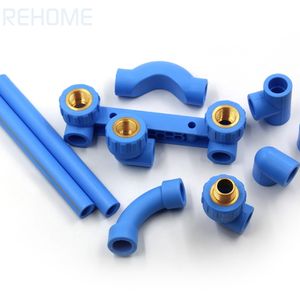LUOYANG DATANG ENERGY TECH CO.,LTD

Which Pipe Is Best For Water Supply?
**Getting Water to Your Tap: The Pipe Puzzle**
(Which Pipe Is Best For Water Supply?)
You turn on the faucet. Clean water flows out. Simple, right? But behind your walls and under your floors, a hidden network of pipes makes it happen. Choosing the right pipe material matters. It affects your water’s taste, your home’s safety, and your wallet long-term. So, what’s the best choice for your water lines? It’s not always a simple answer. Different materials have their own strengths and weaknesses.
Think about the job. Water pipes work under pressure. They face hot and cold temperatures. They need to last for decades without leaking or breaking. The material inside can even touch your drinking water. You want something safe, reliable, and affordable. Several contenders are in this battle.
For many years, copper was king. It’s the classic choice. Copper pipes are tough. They handle heat well. They resist corrosion. Water flows smoothly through them. Plumbers know copper inside out. It’s a proven material. But copper has downsides. It costs more than newer options. Installing copper requires soldering with a torch. This takes skill. Copper can also be stolen from construction sites for scrap value. If your water is very acidic, it might slowly eat away at copper over a very long time. Still, copper remains a top-tier, reliable option known for its longevity.
Then there’s PVC. You see white plastic pipes everywhere. PVC is cheap. It’s super easy to cut and glue together. It doesn’t corrode. It handles cold water perfectly. PVC is great for main water lines coming into your house or for irrigation outside. But PVC isn’t perfect for everything inside. Hot water can make it soften and weaken over time. Building codes often forbid PVC for hot water lines inside the house for this reason. Some people also notice a slight plastic taste in water sitting in PVC pipes for a long while.
CPVC is PVC’s tougher cousin. It looks similar. It handles both hot and cold water safely. CPVC costs less than copper. It resists corrosion well. Installation is straightforward with solvent cement. CPVC is a common choice for whole-house plumbing where codes allow. It avoids the heat issues of regular PVC. But CPVC can become brittle over many years, especially if exposed to lots of sunlight before installation. It might crack more easily than copper if hit hard.
PEX is the newer star. This flexible plastic tubing comes in long rolls, often colored red for hot and blue for cold. PEX is incredibly easy to install. You bend it around corners without needing many fittings. This reduces potential leak points. It connects with simple crimp rings or push-fit fittings. PEX handles freezing temperatures better than rigid pipes; it can expand slightly without bursting. It resists scale buildup. Water flowing through PEX is quiet. PEX costs less than copper. It’s become hugely popular for new homes and renovations. Concerns were raised early on about potential taste or long-term effects, but modern PEX meets strict safety standards. The main drawback? PEX shouldn’t be exposed to direct sunlight for long periods, as UV rays degrade it. It usually runs inside walls or under floors.
Don’t forget old galvanized steel. You might find it in older homes. It was strong and common decades ago. But galvanized steel has a big problem: rust. Over time, the inside corrodes. This narrows the pipe. Water pressure drops. Rusty water can stain fixtures. The lifespan is much shorter than copper or plastic. Replacing galvanized pipes is usually recommended if you still have them.
(Which Pipe Is Best For Water Supply?)
So, which pipe wins? It depends. For pure longevity and proven performance, copper is hard to beat. For ease of installation and cost-effectiveness, PEX is a fantastic modern solution. CPVC offers a solid, affordable rigid plastic option. PVC is best saved for cold water lines or outdoor use. Avoid relying on old galvanized steel. Your local building codes, your water quality, your budget, and the specific job all play a part. Talk to a trusted plumber about what makes the most sense for your home’s water supply puzzle. They know the local rules and can see your unique situation. Getting the right pipe means clean, reliable water flowing smoothly for years.






